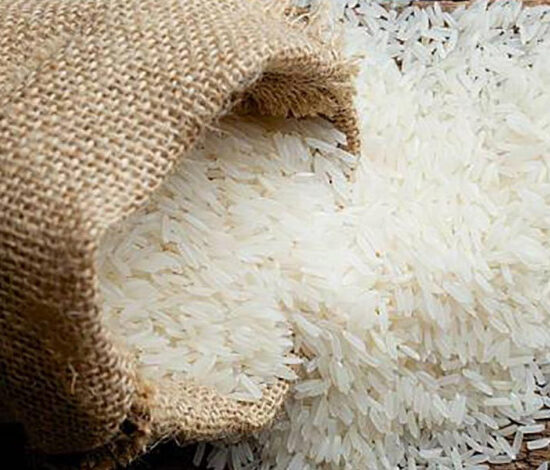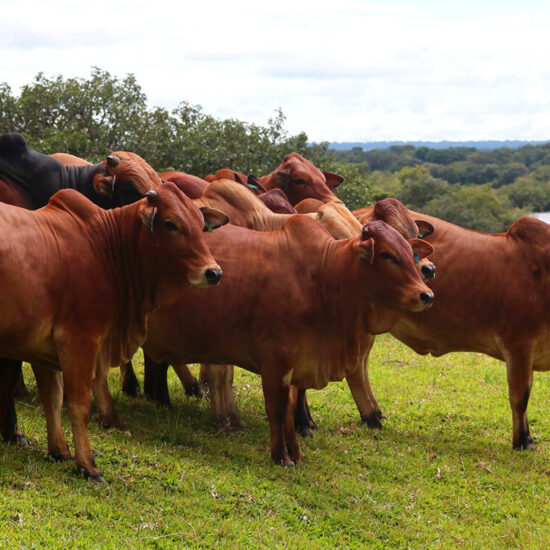
The National Union for Small Scale Farmers in Zambia-NUSFAZ has appealed to government to devote atleast 10% of the 2023 national budget to the agriculture sector.
Union Executive Director Ebony Loloji said the agriculture budget should conform to the Malabo declaration, which states that member countries or countries signatory to that declaration should devote atleast 10% of their budget towards agriculture.
Speaking in an interview with the Zambian Business Times-ZBT, Loloji explained that most resources for the agriculture sector are dedicated to the Farmer Input Support Programme (FISP) and the Food Reserve Agency (FRA), which gobble more than 50% of the budget leaving other equally important programmes to suffer.
Loloji noted that there is need for a paradigm shift for the 2023 budget if the agriculture sector is to develop adding that inputs distributed under FISP as well as a market for the farmers through FRA are important but research, extension, irrigation and livestock are equally important to the development of the sector
“Go to countries where you know they have devoted a considerable amount of resources to those programmes you will realise that the agriculture sector has actually developed at a much faster rate than what is happening in this country”, he said.
He said there should be more resources allocated to research so that more information is availed to farmers which would enable them to be more productive adding that the extension service should also be funded adequately so they are able to work closely with farmers and provide them with updated information from continuous research.
The Union representative mentioned that Zambia has 2 750, 000 hectares of land which has potential for irrigation but only 8% has been exploited therefore the need for more investment so that small scale farmers have access to irrigation which will enable them to produce throughout the year and increase their income.
Loloji noted that the tax measures introduced in the 2022 national budget were favouring large-scale farmers even though small-scale farmers are responsible for the production of most maize in the country as well as more than 80% of the cattle population.
“Going forward let’s be careful as we put in tax measures and who they will benefit more. Tax incentives are always given to big equipment like combine harvesters and big pumps which can only be accessed by large commercial farmers so it’s time to give incentives that would benefit small scale farmers too. Reduce tax on boreholes so that small scale farmers can have access to that, diesel pumps too, relax tax measures on that and walking tractors too so that small scale farmers can have access to that”, he said.







